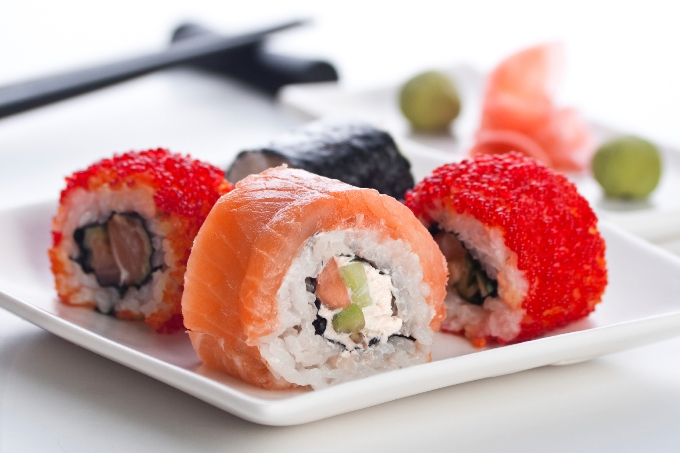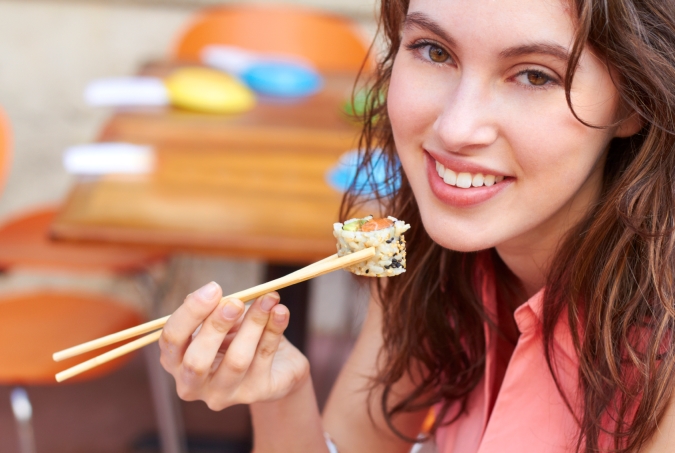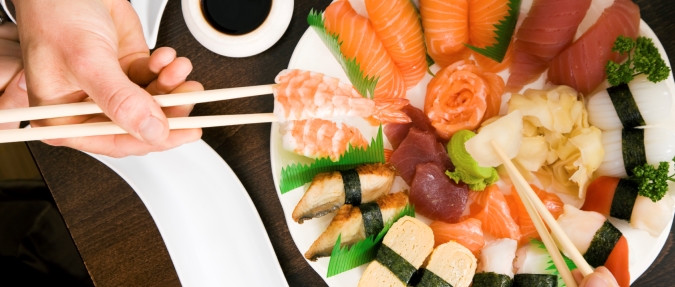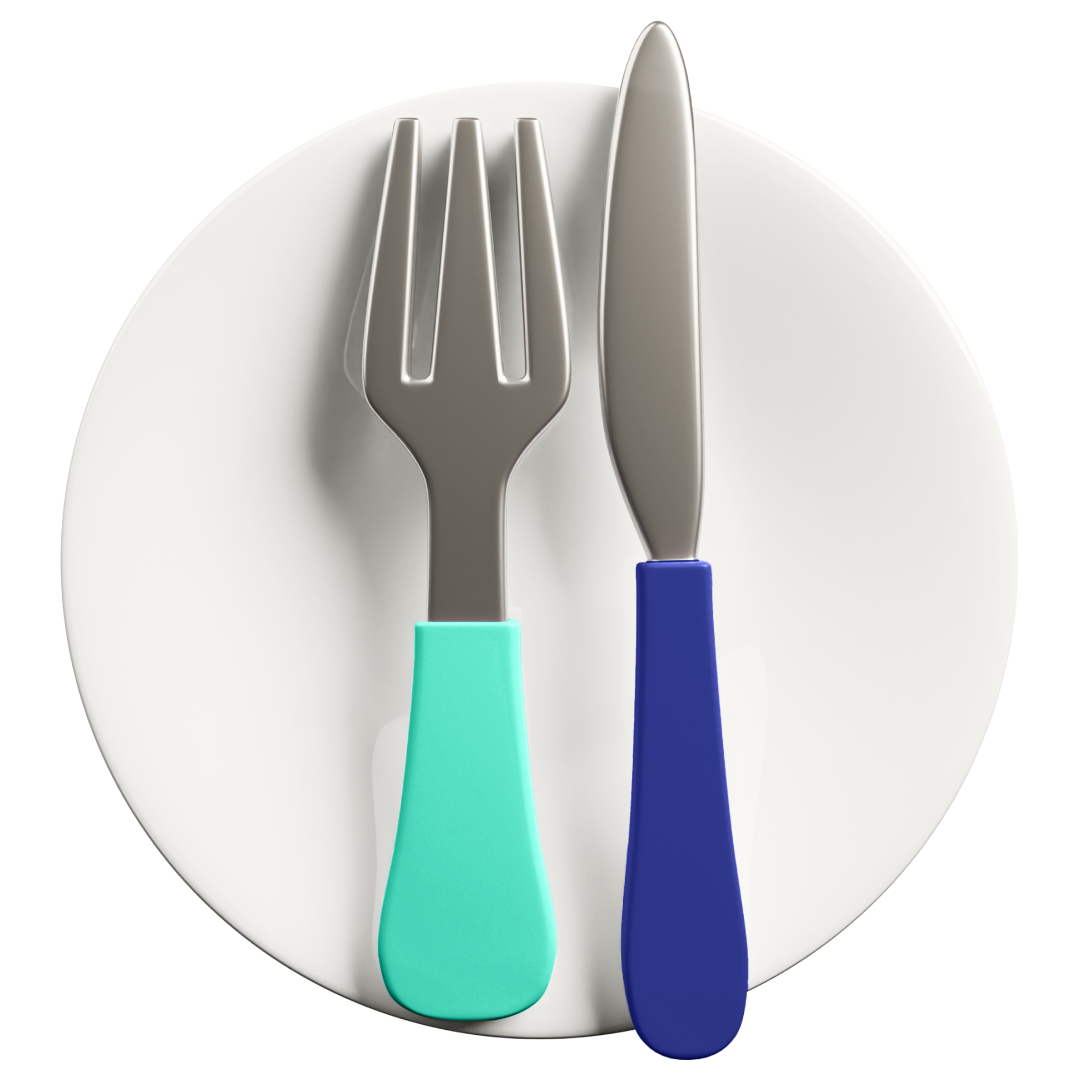Today we launch the third poll in our best in Prague series: Best Sushi in Prague, where we ask users to vote for their favorite sushi place in town out 40 nominated restaurants. (Cast your vote now and be eligible to take home some serioulsy great prizes includling a large sushi platter from Sushiqueen.cz or a 1,500 CZK voucher to use at Damejidlo.cz!)
To kick off our poll, we’ve put together some fun sushi facts and trivia from a handful of local food personalities and experts on Japanese culture.

Japanese in Prague: a community of many
According to Václav Dufek of the Japanese Embassy, the latest available research from 2012 indicates that there are 1,600 people of Japanese nationality currently living in the Czech Republic, mainly working for the automotive industry but also other industries, or studying or staying at home with children.
Are you eating sushi the correct way?
If you thought the main difference between maki, ura-maki (the inside out sushi) or nigri is the appearence, think again: Japanese sushi master Yuki Omaki of Sushiqueen.cz says that in sushi maki the most significant ingredient is seaweed, in ura-maki it is rice and in nigri´s case it´s fish. Moreover, sushi is not meant to be eaten with chopsticks at all, but your hands!
Why you should eat more sushi
According to Petr Havlíček, the Czech nutrition specialist, sushi is an excellent source of nutrients and vitamins providing Omega-3 fatty acids (good for your cardiovascular system) and iodine (which is great for the thyroid gland). Given that the entire western population suffers from a deficiency of these nutrients, sushi should be prescribed as mandatory diet.

Czechs and Japanese share a love slippers, more
PARTNER ARTICLE
Mr. Dufek notes that Japanese people typically change into their home footwear, when indoors (the Japanese people actually use different pair of shoes when going to toilet!), and that, like Czechs, they tend to have more closed off personalities at first, but can establish a deep friendship when they get to know someone closely.
And a few differences…
The big difference according to Mr. Dufek is that in Japan you do not tip at a restaurant, and often pay when you´re leaving the restaurant at a special register. This has to do with cleanliness, of which the Japanese are very mindful. They believe you should not handle money on the table which your food has been placed on.

Beyond sushi: Turning Japanese in Prague
Pavel Šporcl, the Czech violinist and „Dobrá vůle“ ambassador for the exchange year of 2014 between the countries of the Visegrad group and Japan, there is more to Japan than just sushi. In Prague, he recommends kabuki theater or shiatsu massage. You can also experience Japanese culture at tea ceremony courses, Japanese comics drawing classes or creating origami. The Czech-Japanese company also offers ikebana or caligraphy courses.
If you really want to get to know Japanese closer, but just don´t have the time or resources to visit, check out the following activities in Prague:
**
What do you like most about Japanese culture or cuisine? Share your opinions with us in the comments below.
Related articles
- Farewell Fake Rum? A Short History of the Endangered Czech Spirit
- Cocktail Emporium with Prague-Themed Drinks Opens on Wenceslas Square
- Prague Named among Top 10 Vegan-Friendly Capitals In 2017
- Czech Republic Will Continue to Fight Inferior Food Quality
- Take a Look Inside Prague’s New Temple For Meat Lovers













 Reading time: 3 minutes
Reading time: 3 minutes 


















